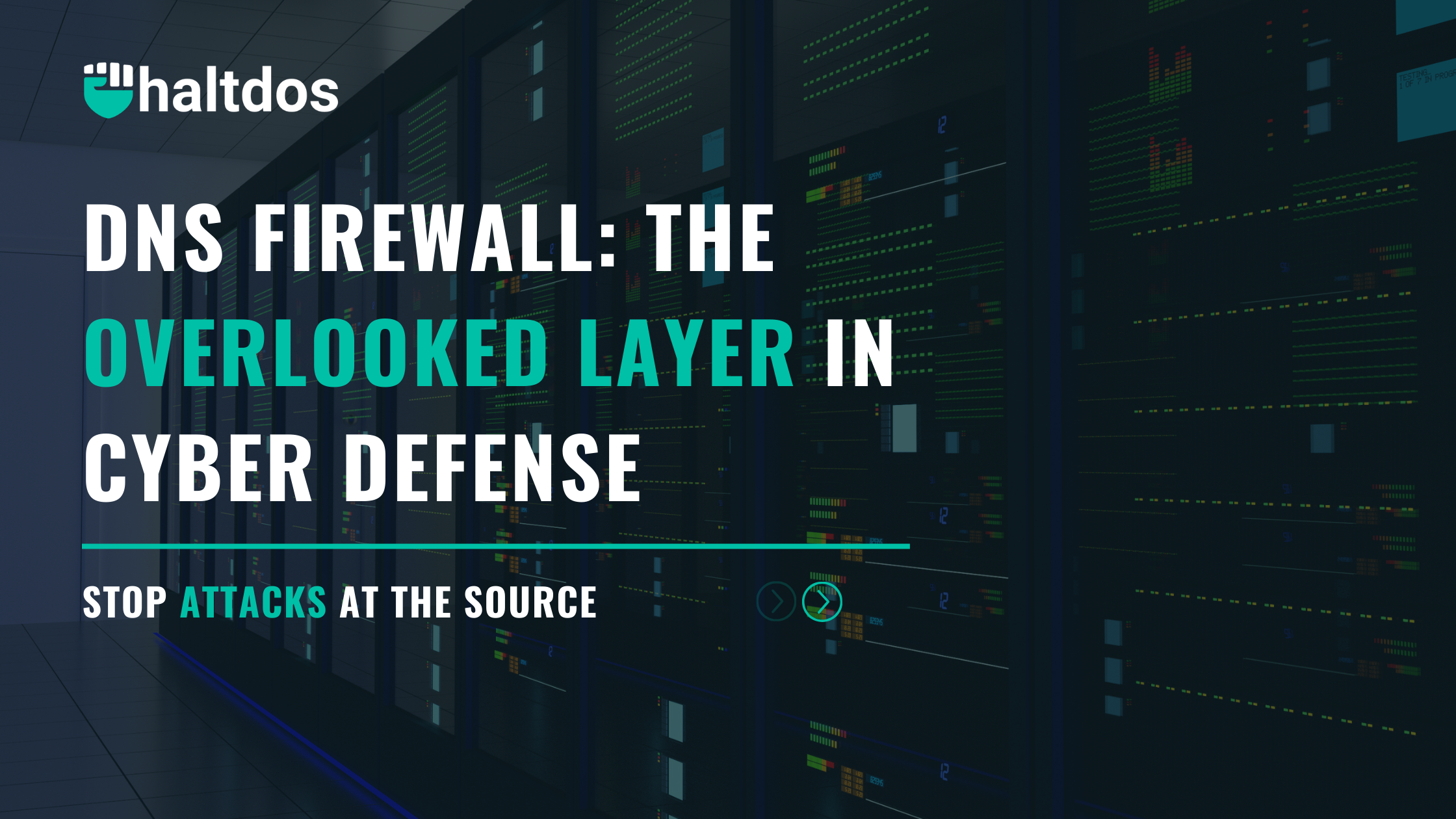As Black Friday and Cyber Monday approach, it’s necessary to be aware of top cyber threats that leads to compromise of your personal & financial information. Here are some of the most common threats to watch out for:
1. Phishing Attacks
Phishing remains one of the most prevalent threats, with cybercriminals using sophisticated techniques to create persuasive fake emails and messages. These often mimic legitimate business and contain malicious links to steal your personal information.
2. Spoofed Websites
Cybercriminals create fake websites that look identical to real business websites. These clone sites often have subtle URL manipulations or stolen branding to trick users into entering their personal and financial information.
3. Malicious Advertising
Malicious Advertising involves injecting malicious ads into legitimate websites. These ads can redirect users to fraud sites or install malware on their devices, compromising security.
4. E-Skimming
E-skimming involves hackers injecting malicious code into payment pages to steal card information. This happen on both legitimate and fake websites, making it difficult for users to detect the threat.
5. Credential Stuffing and Account Takeovers
Credential stuffing attacks use automated bots to test stolen usernames and passwords across various e-commerce platforms. Once an attacker gains access to an account, they can make unauthorized purchases or access personal information.
6. Fake Promotional Offers
Fraud emails and messages often mimic legitimate promotional offers, enticing users to click on malicious links or provide personal information. These offers are usually too good to be true and should be approached with caution.
7. Gift Card Fraud
Gift card fraud involves stealing or using gift card information to make unauthorized purchases. This can happen through phishing attacks, malware, or by exploiting vulnerabilities in gift card systems.
8. Public Wi-Fi Risks
Shopping online through public Wi-Fi networks can expose your personal information to hackers. It’s best to use a secure, private network or a VPN (Virtual Private Network) when making online purchases.
9. Mobile App Vulnerabilities
Some mobile shopping apps may have security vulnerabilities that can be exploited by cybercriminals. Ensure that you download apps from reputable sources and keep them updated.
10. Social Engineering Tactics
Cybercriminals often use social engineering tactics to manipulate users into divulging sensitive information. This can include urgent requests, emotional manipulation, or impersonating trusted entities.
By staying informed and vigilant, you can protect yourself from these cyber threats and enjoy a safe and secure shopping experience this holiday season. Remember to always verify the authenticity of emails, websites, and offers, and use strong, unique passwords for your accounts.




